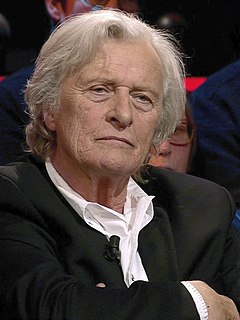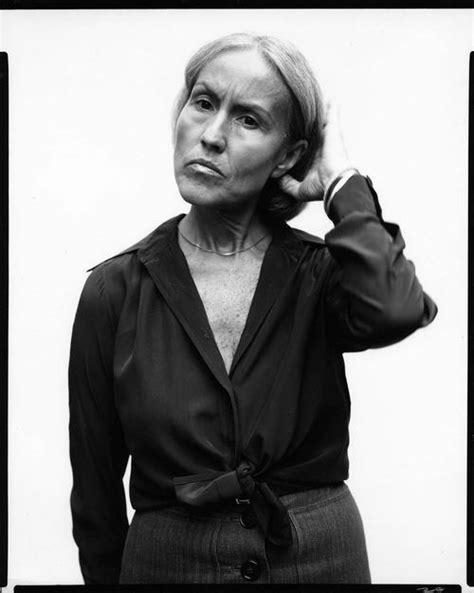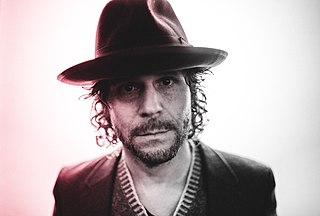A Quote by Colleen Atwood
I think that sometimes people don't understand that a costume that has to be worn every day and doesn't change the whole movie becomes iconic. It's very important because it requires a different design process, since you have to make something that people aren't going to get tired of looking at.
Related Quotes
Every revolution begins as consciousness because some group of people has to imagine change. You have to have the idea of change or at least have a hope before you can proceed. And that stage goes very quickly because a contagion of consciousness is within your control. But when you get to the stage of institutional change, it becomes a much slower process.
I have no rules. For me, it's a full, full experience to make a movie. It takes a lot of time, and I want there to be a lot of stuff in it. You're looking for every shot in the movie to have resonance and want it to be something you can see a second time, and then I'd like it to be something you can see 10 years later, and it becomes a different movie, because you're a different person. So that means I want it to be deep, not in a pretentious way, but I guess I can say I am pretentious in that I pretend. I have aspirations that the movie should trigger off a lot of complex responses.
Sometimes you're a psychiatrist and sometimes you're a group therapist. The dynamics in between people and the misgivings sometimes that artists have when they get into the studio because they're under a different level of scrutiny. A lot of them can be insecure about it. My job is not simply to make musical determinations but sometimes to just keep people from flipping out during the process.
I will never get tired of looking at works by Pablo Picasso. I will never get tired of looking at work by Francis Bacon or Henry Moore or Francisco Goya. You cannot tire of the work these people have made because you can look it over and over again - the same thing - and always see something different.
I think every filmmaker in Europe would be lying if they didn't say one day they just wanted to make a movie here in Hollywood or at least try it. It's very different from European filmmaking, because here it's like a real industry. It's very much about money and making money, which I think is fine, because it's very expensive to make movies.
I've been really fortunate that my concert career has taken off hugely. I can make a living. I enjoy performing in front of a live audience, and I can do something different every time. Sometimes I'm with a quartet, sometimes I'm solo, sometimes with a symphony, and I get to go to different cities and meet different people.
It's sort of a cyclical thing on the road, where you can be very tired one day and sick of being in the band, and then you have a great show and you feel completely revitalized. There are people that quit bands because they can't take the road. But, personally, I love it. I get a little tired sometimes, but it's good work if you can get it.
I always wanted to write a book about a common food that becomes a commercial commodity and therefore becomes economically important and therefore becomes politically important and culturally important. That whole process is very interesting to me. And salt seemed to me the best example of that, partly because it's universal.
It's [Into the Badlands] something that's very, very different and I think that's why it divided critics initially because they didn't understand it or get it. They didn't understand or have a knowledge of what we were trying to do. Bringing in the Asian martial arts aesthetic to American television. For us, these are the people who will make the show a hit or a failure in future seasons. So it's for us to respect them and interact and see what they have to say.







































